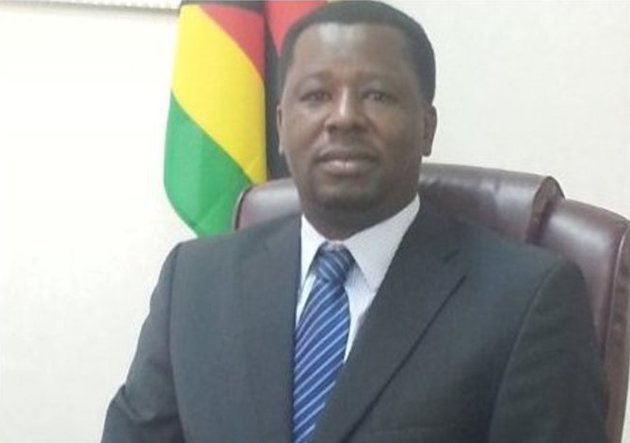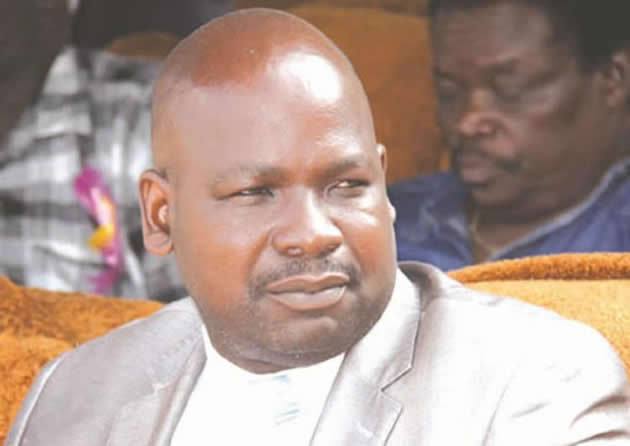We can deliver, say car assemblers

Zvamaida Murwira Senior Reporter
LOCAL vehicle assemblers say they have the capacity to assemble a wide range of vehicles for both the public and private sectors in accordance with a recent Government directive, provided there are guarantees for the market.Speaking on behalf of local assemblers, Willowvale Mazda Motor Industries managing director Engineer Dawson Mareya said local car assemblers could produce a combined figure 18 000 units per year, which is above the annual requirement for the Government.
MORE STORIES
He said Government must ban second hand vehicle imports and save foreign currency that could be used to assist them in retooling.
Eng Mareya’s comments followed a directive issued by Secretary for Transport and Infrastructural Development Mr Munesushe Munodawafa that all line ministries buy 80 percent of their fleet requirements from local assemblers as part of efforts to support local industries in line with Government’s economic blueprint, Zim-Asset.
“WMMI can assemble 9 000 units, while Quest also can assemble the same number, giving a total of 18 000 units per year,” said Eng Mareya.
“This is more than adequate to cover the new vehicle requirements of the nation. This figure can easily be increased by upgrading the plants if the need arises.
“In addition, Deven Engineering and AVM Africa can build buses that will meet the needs of the nation, with a capacity of more than 500 per year.”
Eng Mareya said what was required was to first provide the car brands and makes that most people wanted.
“The business model that is used the world over is initially to allow for the local assembly of the popular market needs to give the assemblers economies of scale, while allowing people to then import special/luxury type vehicles where they have to pay duty, of course,” he said.
“For Zimbabwe, the bulk of the country’s requirements are pick-ups (single and double cab) and entry level passenger vehicles. However, we are ready to assemble any make or brand provided the minimum volumes justify the investment in jigs and fixtures.”
Eng Mareya said local products had always competed well in terms of quality and price, if export incentives enjoyed by the imports in South Africa were to be excluded.
“Indeed, the retail prices of locally assembled motor vehicles compare favourably with those on the South African market,” he said. “The local assemblers will, of course, become more competitive when we are able to increase the level of local content. This will in turn create employment and value addition.”
Eng Mareya said all Government arms and entities should work closely with local assembly plants to ensure that the assemblers eventually meet their needs by providing annual requirements and specifications as there was need to give them enough time to rebuild to full capacity and efficiency.
“The local finance houses should mobilise enough resources to provide affordable consumer finance for motor vehicles to stimulate the necessary demand,” he said. “The market is crying for Hire Purchase tenure of 36 to 60 months at around 10 percent annual interest, with deposits of around 10 percent or less. Nowhere in the world are consumers expected to pay cash for motor vehicles, be they new, or pre-owned.”
Eng Mareya said their capacity to assemble 9 000 units was for a mixed model production, giving them the flexibility to cater for any brand or make provided they got the body assembly jigs for each model.
“The cost per unit depends on the vehicle specification and source of CD kits,” he said. “Our aim is to assemble a motor vehicle that will retail for less than $10 000 at the entry level.”










Comments